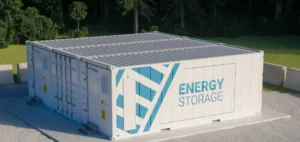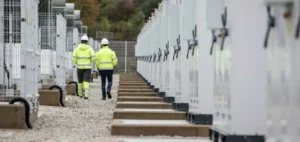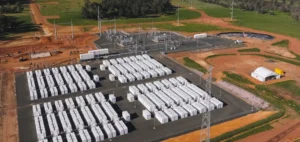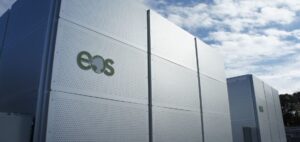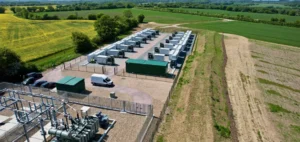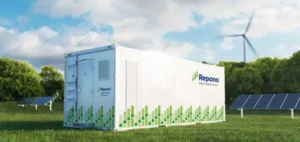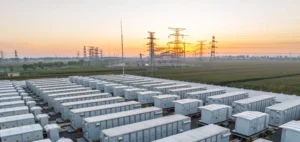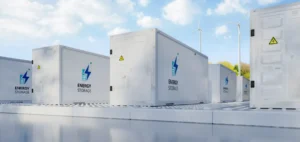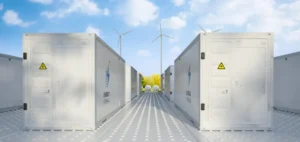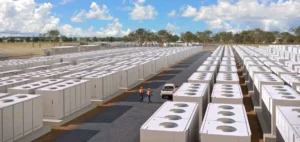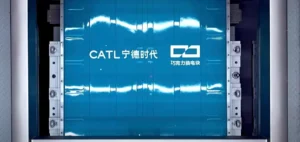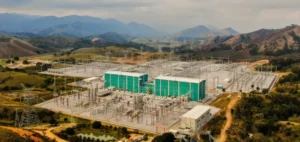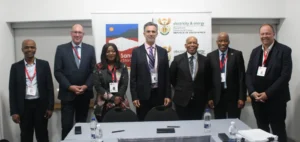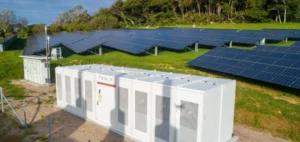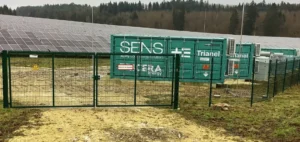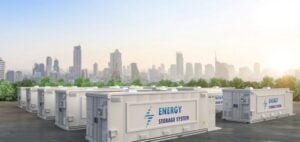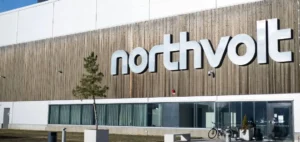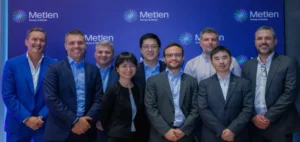India’s energy sector is undergoing a profound transformation. The need for long-term storage solutions is growing as the country increases its production of renewable energies. Against this backdrop, Delectrik Systems has won a contract with NTPC, India’s largest power generation company.
The contract covers the installation of a 3 MWh vanadium redox flow battery (VRFB) energy storage system at the NTPC Energy Technology Research Alliance (NETRA) campus in Greater Noida.
The aim is to ensure a full day’s energy autonomy for the campus, thanks to optimized storage capacity.
The market for energy storage systems is booming, supported by government policies aimed at fostering the energy transition.
Demand for storage solutions is evolving rapidly, particularly as India aims to achieve ambitious decarbonization targets.
Flow batteries: a promising technology
The vanadium redox flow battery offers significant advantages over commonly used lithium-ion batteries.
Flux batteries are particularly well suited to Long Duration Energy Storage (LDES) solutions, which are becoming essential to compensate for the intermittency of renewable energies.
Their ability to deliver high energy density over long periods, combined with extended service life, makes them a key solution for meeting the needs of large-scale infrastructures such as those of NTPC.
This project with Delectrik represents a milestone for NTPC, which, as a state-owned enterprise, plays a crucial role in India’s energy strategy.
With a current installed capacity of 76 GW, of which 60 GW is earmarked for renewable energies by 2032, NTPC is leading the way in renewable energy management and storage solutions.
Outlook for the Indian BESS market
The market for energy storage systems (BESS) in India is still in the development phase, but growth forecasts are impressive.
The National Electricity Plan (NEP 2023) anticipates a demand of 411 GWh for domestic BESS by 2032, illustrating the scale of the need.
Today, less than one gigawatt of BESS capacity is operational in India, but tenders and projects are multiplying.
The contract won by Delectrik is an example of how industry players are positioning themselves to capture this growing demand.
Moreover, investment in storage technologies is becoming a strategic issue for India, a country faced with the need to balance growing energy demand while reducing its carbon emissions.
Flow batteries, with their low investment cost and longevity, offer a viable alternative to lithium-ion technologies, which are more expensive and less suited to long-term solutions.
A pilot project for future deployments
This 3 MWh project at NETRA also marks an important test for the larger-scale implementation of flow battery-based storage solutions in India.
The collaboration between Delectrik Systems and Rays Power Infra, a key company in the engineering and construction of solar projects, is essential to ensure seamless integration between renewable energy generation technologies and storage systems.
One of the main advantages of flow batteries is their ability to increase energy density per unit area, making their use particularly beneficial for large-scale installations.
This type of solution can also be deployed with a minimal footprint, particularly when compared with conventional photovoltaic installations.
For NTPC, this means more efficient use of its existing infrastructure without the need for major land extensions.
Challenges for India’s energy transition
India’s energy transition relies heavily on its ability to rapidly develop and deploy efficient storage solutions.
The deployment of flow batteries, such as that carried out by Delectrik and NTPC, is part of a wider framework aimed at improving the integration of renewable energies into the national power grid.
Energy storage systems make it possible not only to compensate for the intermittent nature of solar and wind power, but also to ensure a continuous, reliable power supply.
The NETRA project should serve as a model for future larger-scale deployments across the country.
India’s ability to meet its energy needs while respecting its climate objectives will largely depend on the success of projects of this kind.
The low cost of flow batteries and their ability to operate for long periods without significant degradation make them an ideal option for meeting long-term energy requirements.
This pilot project offers valuable lessons for future storage technology deployments in India.
Vanadium redox flow batteries, with their low cost per MWh and potential for large-scale deployment, represent a major asset for the country’s energy transition.


